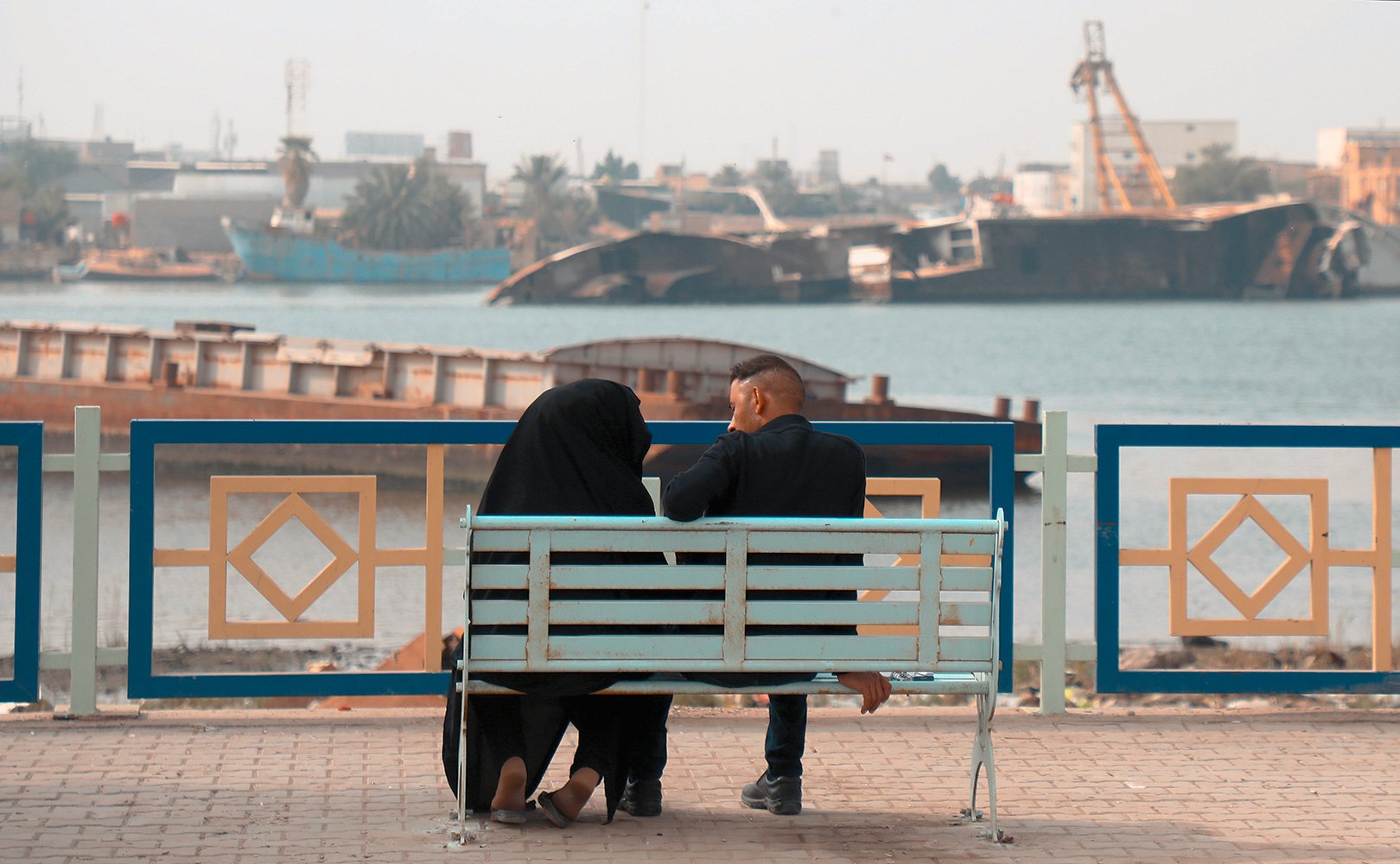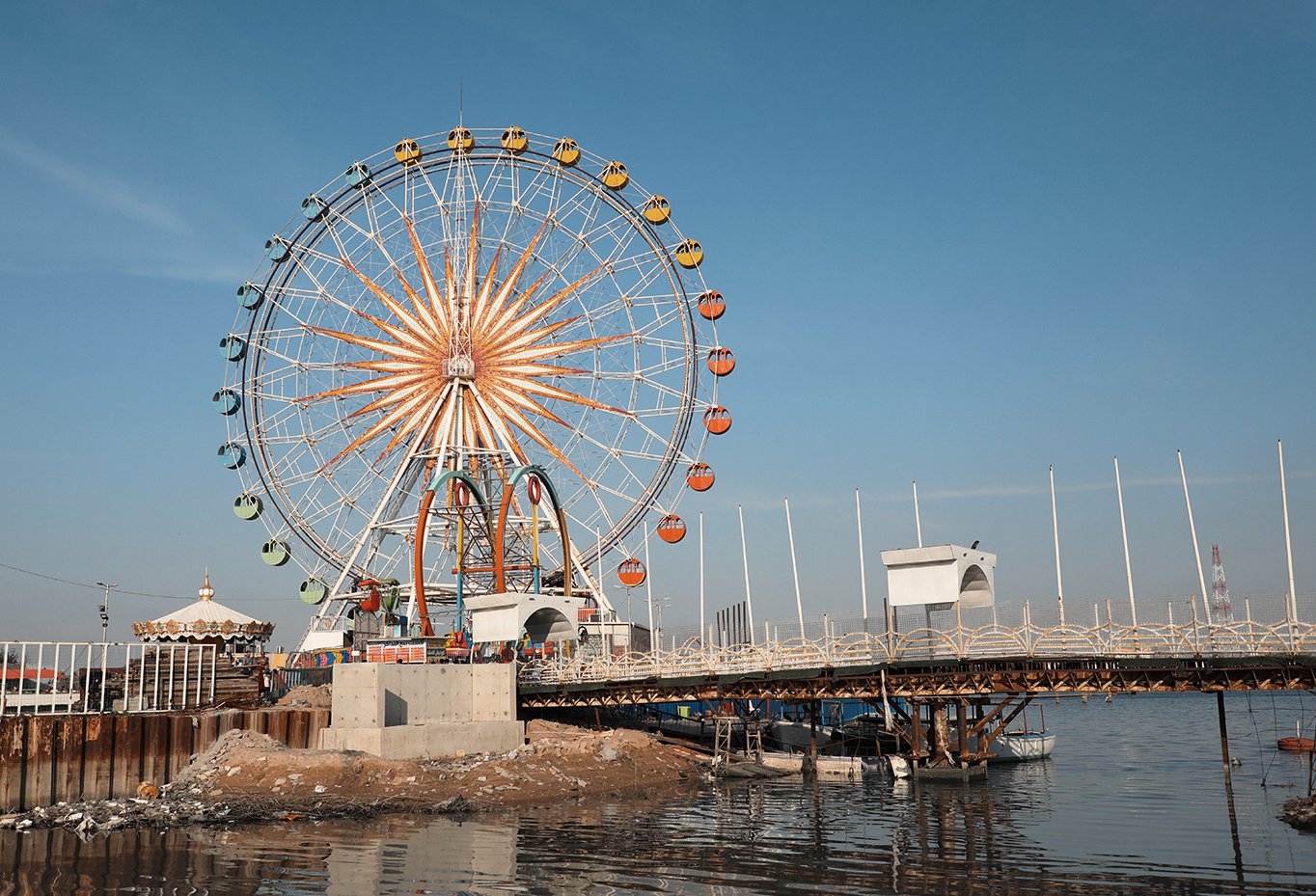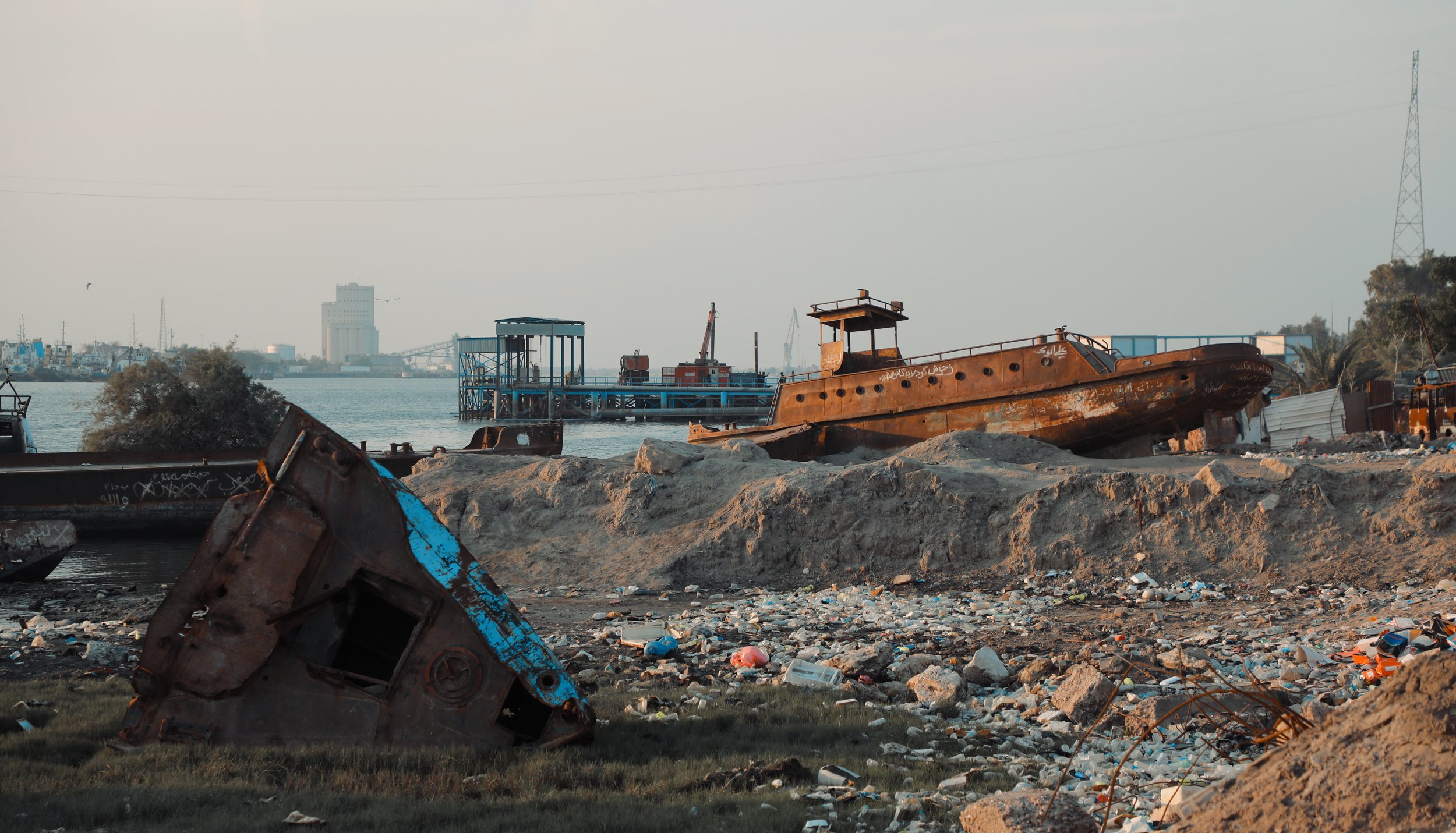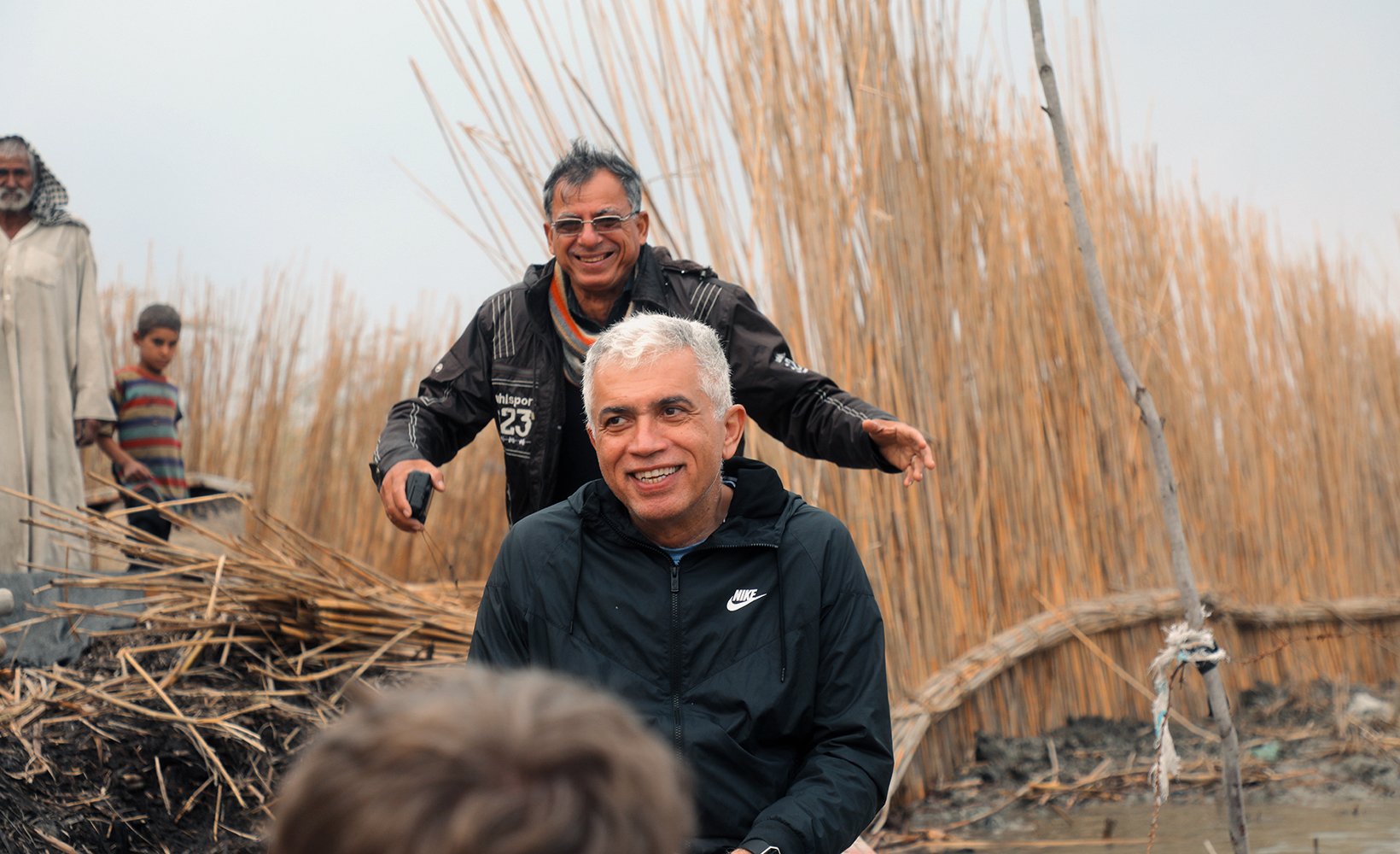


















Southern Iraq is a place of wonders. The confluence of the two great rivers, the Tigris and Euphrates, gave rise to the Sumerians (one of the earliest civilisations), irrigated agriculture, 70% of Iraq’s oil reserves, the Mesopotamian Marshes (a UNESCO Heritage Site), and the city of Basra. Once crowned as “the Venice of the Middle East”, Basra was Iraq’s only port city; an international hub famous for its parties, canals and palm groves. Tales of Sinbad the Sailor were born here. Water gave life to legends.
But all the recent wars rolled through here too.
The Iran-Iraq War (1980-1988) devastated the palm groves. The Gulf War (1991) left tons of depleted uranium residue and the world’s largest oil spill. The US/UK-led sanctions (1991-2003) destroyed the water sanitation systems. The Shia uprising (1991) led Saddam Hussein to drain the Mesopotamian Marshes. The US invasion (2003) and the rise of IS shattered the already decrepit water infrastructure. Moreover, a system of dams, built by Iraq’s neighbours, primarily Turkey, cut off 2/3 of the headwaters of the Tigris and Euphrates.
Today’s Southern Iraq is anything but magical. Over 150,000 cases of water poisoning (summer of 2018) were followed by weeks of riots, which have become a desperate tradition as clean water and sanitation services remain scarce.
Amidst the crisis, Dr. Azzam Alwash and Dr. Jassim al-Asadi of "Nature Iraq" are scrambling for solutions.